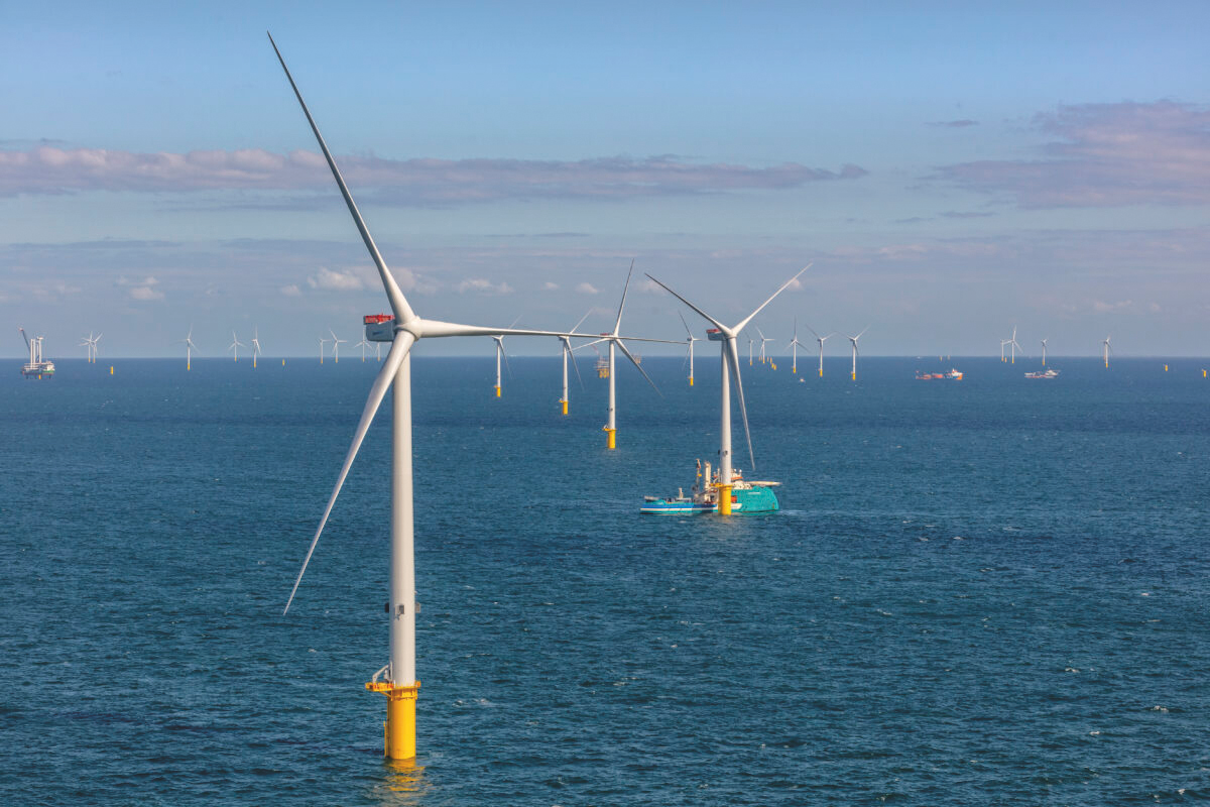A new report by consultancy Ricardo for T&E found that prioritising domestic hydrogen “could be cheaper and bring benefits to the EU industry”.
The EU’s ‘RepowerEU’ plan has a 2030 target of 10Mt of renewable hydrogen production in the EU, with 10Mt of imports.
Ricardo assessed the EU’s needs for hydrogen imports and evaluated their potential risks and benefits, with case studies on six exporting countries: Chile, Egypt, Morocco, Namibia, Norway and Oman. These countries were chosen as they have large areas of land highly suitable for solar and wind farms.
The report found that the EU could potentially produce enough hydrogen domestically for its needs and legally binding mandates – between 5.8Mt and 7.5Mt annually by 2030 – although there may be a large gap between what is theoretically possible and what will happen.
On costs, the report estimated that hydrogen production powered by offshore wind with a levelised cost of energy (LCoE) of €40/MWh would reach a minimum of €1.8/kg. Using an electrolysis efficiency factor of 71%, it is expected that up to 5.1Mt of hydrogen could be produced at €1.8–€2.8/kg.
Regarding imports, the Ricardo study found that 99% of the planned hydrogen capacity in the exporting countries is still at the technical feasibility stage, with just 2.6Mt of renewable hydrogen potentially ready for export to the EU by 2030.
The cost of importing hydrogen will depend on the availability of entry points, but it is only when the LCoE of offshore wind is above €60/MWh that importing becomes economically competitive.
In addition, due to a lack of hydrogen infrastructure, “the only viable export pathways rely on hydrogen derivatives such as ammonia or methanol which can be transported by ship”, the report states.
The report authors also warned that the power generation capacity to be used for producing hydrogen and exporting it to Europe could face domestic competition for its use. In addition, several of the exporting countries are facing land use and water scarcity issues.
Click here to subscribe to the green hydrogen bulletin to receive fortnightly dedicated news, analysis and comment straight to your inbox.
To submit a news, comment, case study or analysis idea for the green hydrogen bulletin, contact the editorial team.


.png)


HR.jpeg)
.png)








